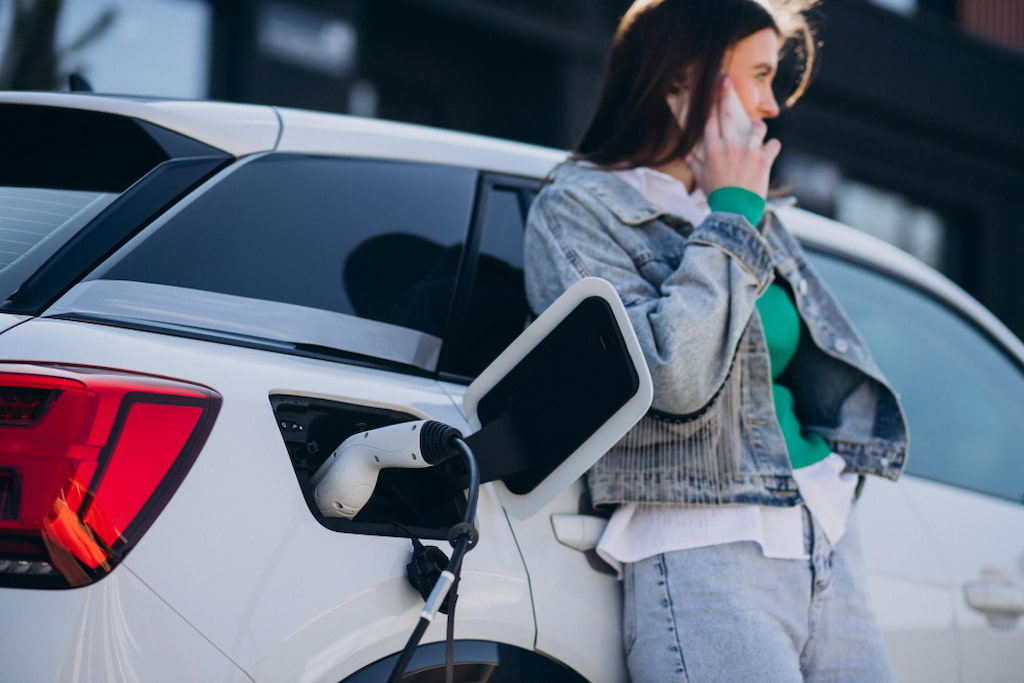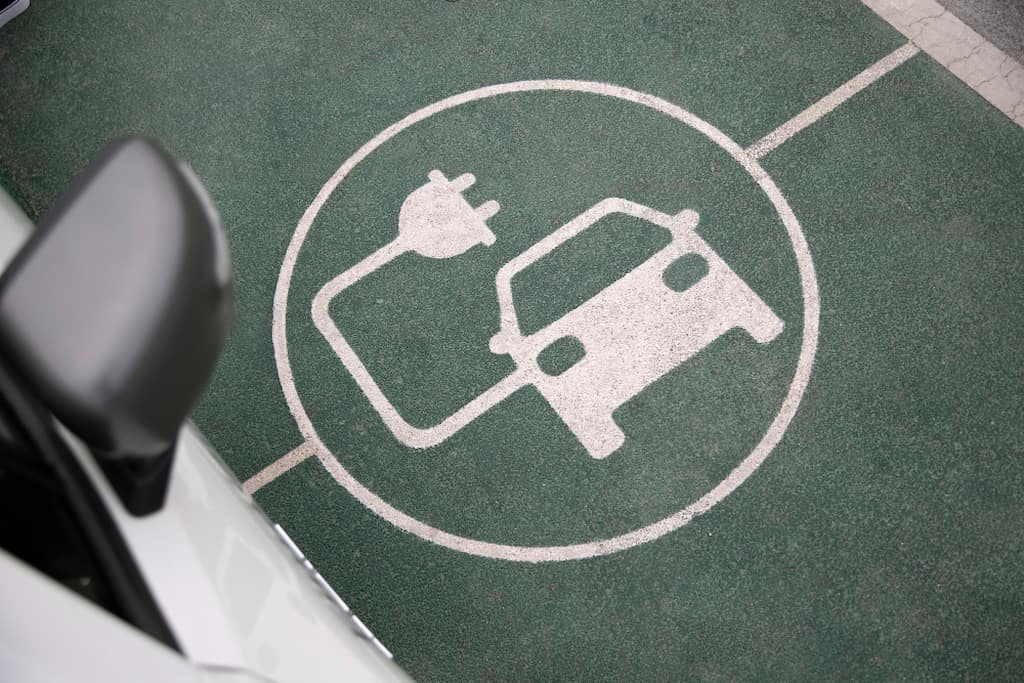
Electric mobility is advancing rapidly, and more and more drivers are choosing to install a home charging point to enjoy convenience, savings, and daily autonomy. One of the first questions that arises is key to correctly sizing the installation: how much power do I need at home to charge an electric car.
Actually, choosing the right power is not complicated. The important thing is to understand how you use energy in your home, how much power your charger needs, and what type of vehicle you have. In this article by Activacar, as a company specialized in installing electric car chargers, we help you identify the ideal power for your case, always from a practical perspective adapted to the real usage of a household.
Why is it important to determine the charging power?
The contracted power is the “electrical capacity” your home has to use several appliances at the same time.
Charge the electric vehicle safely.
Use your household appliances without interruptions.
Avoid unnecessary costs from contracting more power than you actually need.
You can think of power as the width of a lane: the wider it is, the more vehicles can move without congestion. The same happens with electricity.
Recommended power to charge an electric car at home
Based on real experience in home installations and typical household consumption, the recommended power to charge an electric car at home is always above 3.75 kW, as this is the minimum reasonable baseline to ensure stability, safety, and efficiency.
Most users fall within this range:
3.75 kW – Minimum recommended option
Suitable for homes with moderate consumption and overnight charging.
It allows charging at a slower speed, but without compromising household use as long as the home does not have simultaneous consumption peaks.
4.6 kW – Balanced option and the most common
It provides a comfortable margin to charge the electric car without worrying about using household appliances.
It is the most recommended option when you want stability without oversizing the installation.
5.75 kW – Greater flexibility and faster charging
Ideal if your home has significant simultaneous consumption: air conditioning, oven, electric water heater, etc.
It allows for faster charging without sacrificing comfort.
7.4 kW – Fast home charging
Designed for users who want to further reduce charging times or have electric vehicles with large batteries.
It is a very efficient option for single-family homes or installations with greater electrical availability.
How the type of charger influences the required power
The home charger directly determines the power you need to contract:
3.7 kW charger
It works perfectly with power levels between 3.75 and 4.6 kW.
It is efficient, safe, and suitable for overnight charging.
7.4 kW charger
It requires higher power (5.75 kW or more) to take full advantage of its capacity.
It is perfect if you want shorter charging times.
Smart chargers with dynamic load management
The most recommended option for most households.
They automatically adjust the power used based on the home’s other electricity consumption.
Do you want to install your charging point with us?
At Activacar, we guide you through the entire installation process — from the first call to after-sales service and the Plan Moves III application.
Request a quoteWhat power do I need to charge a plug-in hybrid car?
Many users also wonder what power do I need to charge a plug-in hybrid car.
In this case, although the batteries are usually smaller, the recommendation is still to maintain contracted power of at least 3.75 kW. This ensures a full overnight charge without interfering with the use of household appliances.
The advantage of a plug-in hybrid is that its charging times are shorter, so you don’t need to increase the power to achieve good results.
Some practical examples depending on the type of home and usage
Scenario 1 – Standard home with overnight charging
Recommended power: 3.75 – 4.6 kW
Type of use: slow and steady overnight charging.
Experience: stable, comfortable, and sufficient for day-to-day use.
Scenario 2 – Home with medium consumption and active appliances
Recommended power: 4.6 – 5.75 kW
Type of use: regular charging with household appliances running in the afternoon.
Experience: no interruptions or power limitations.
Scenario 3 – Home with high consumption
Recommended power: 5.75 – 7.4 kW
Type of use: fast charging, large batteries, high simultaneous consumption.
Experience: maximum flexibility and shorter charging times.
Is it necessary to increase the contracted power?
Not always. In many of the installations we carry out, the existing power is already sufficient as long as a dynamic load management system is used.
Activacar’s technical analysis evaluates:
Real consumption of your home
Type of vehicle
Charging habits
Capacity of the installation
Possibility or need to increase power
If you live in a homeowners’ association, you can check here the process of installing charging points in community garages
Conclusion: your vehicle, your home, and your power supply must “work” together
Determining what power you need at home to charge your electric car is not about contracting “the maximum.” It’s about balance.
The recommended power always starts at 3.75 kW, and from there it is adjusted according to your electrical installation, your usage habits, and the type of charger you have.
The goal is simple: charge your vehicle every day without complications, without interruptions, and without overpaying.
For any type of installation, advice, or preliminary study, Activacar guides you through the entire process so you can enjoy efficient, safe, and tailored electric mobility.
Frequent questions
What power do I need at home to charge an electric car?
Between 3.75 and 7.4 kW, depending on your consumption, charger, and charging habits.
Can I charge my electric car with 3.75 kW?
Yes, it is the minimum recommended power for stable home charging.
What power do I need to charge a plug-in hybrid car?
From 3.75 kW onwards, enough for full overnight charging.
Do I need to increase my contracted power?
Only if your consumption habits or charger type require it. With dynamic load management, it is often not necessary.
Which charger should I choose based on my available power?
3.75–4.6 kW: 3.7 kW charger
5.75–7.4 kW: 7.4 kW charger
A technical assessment determines the exact option.





